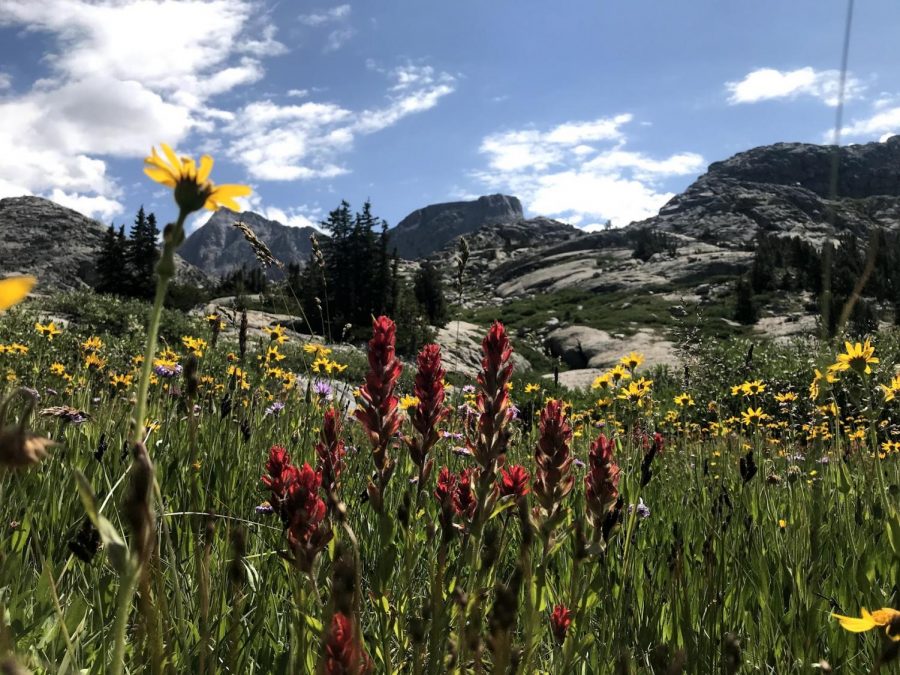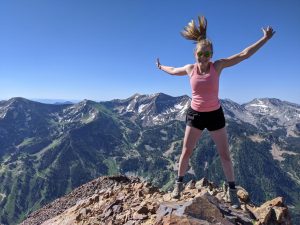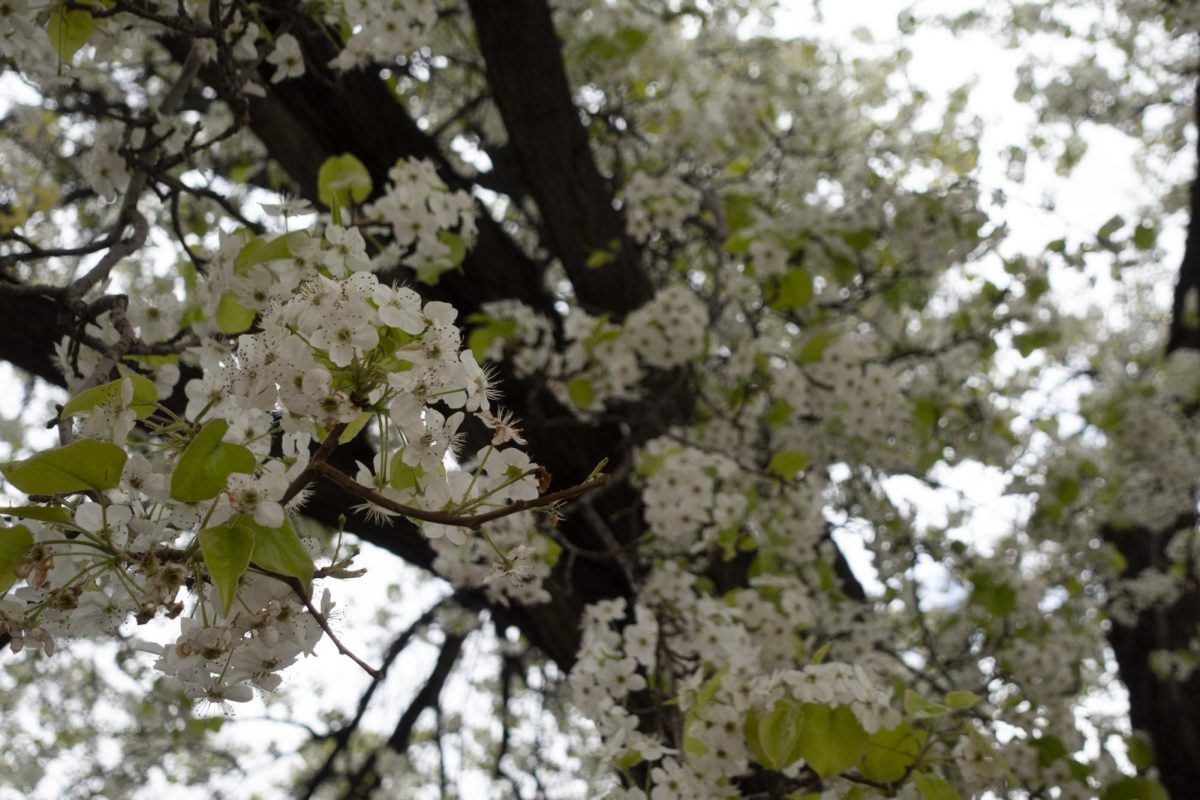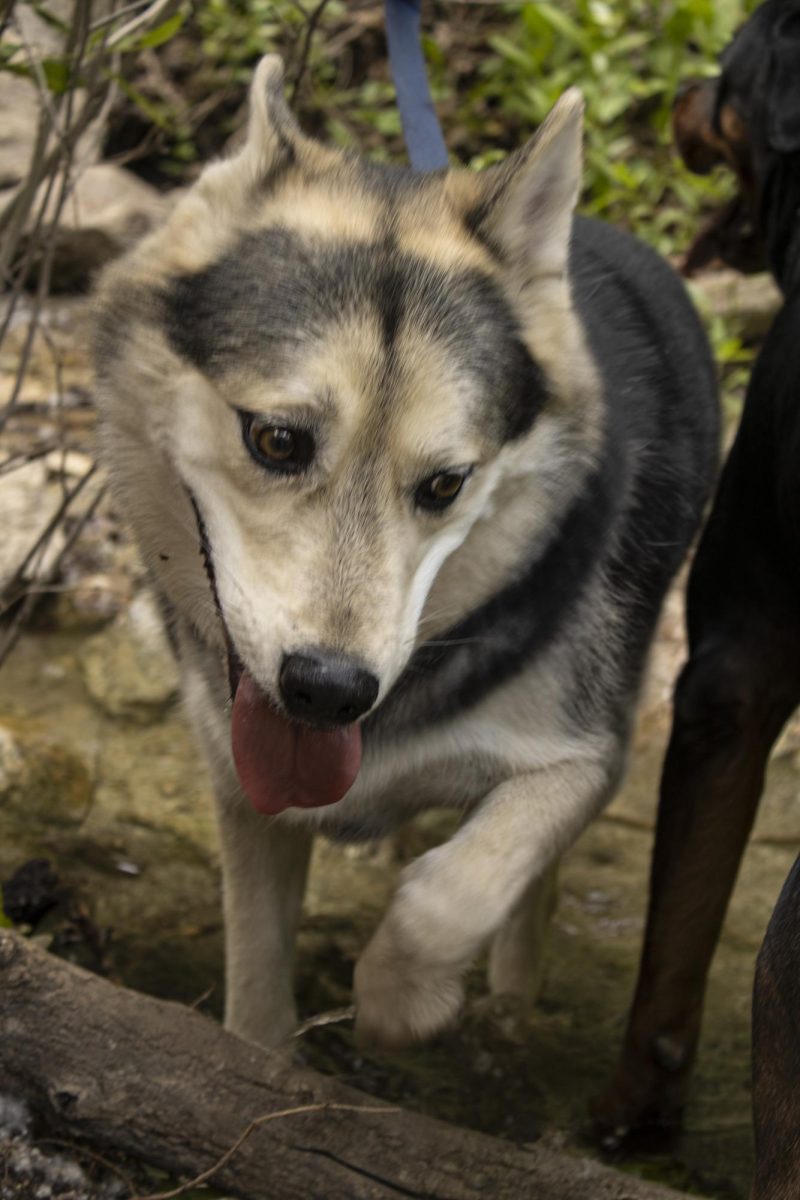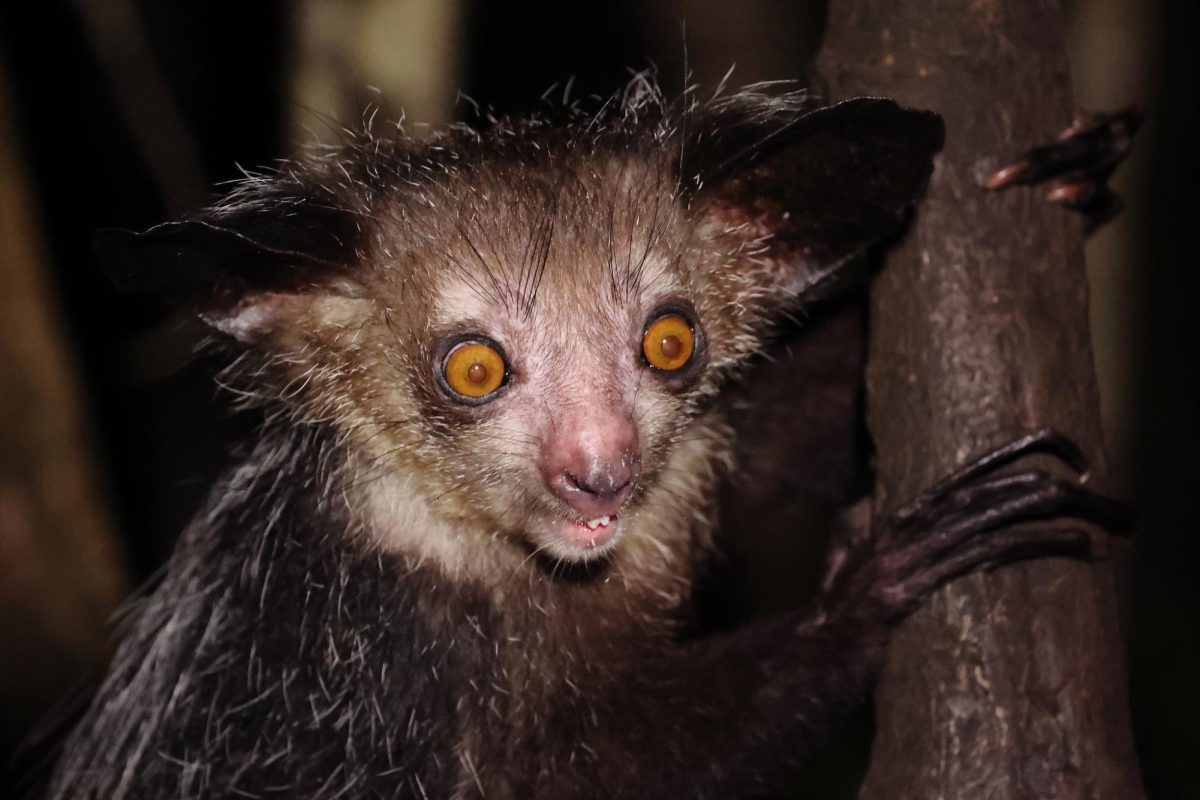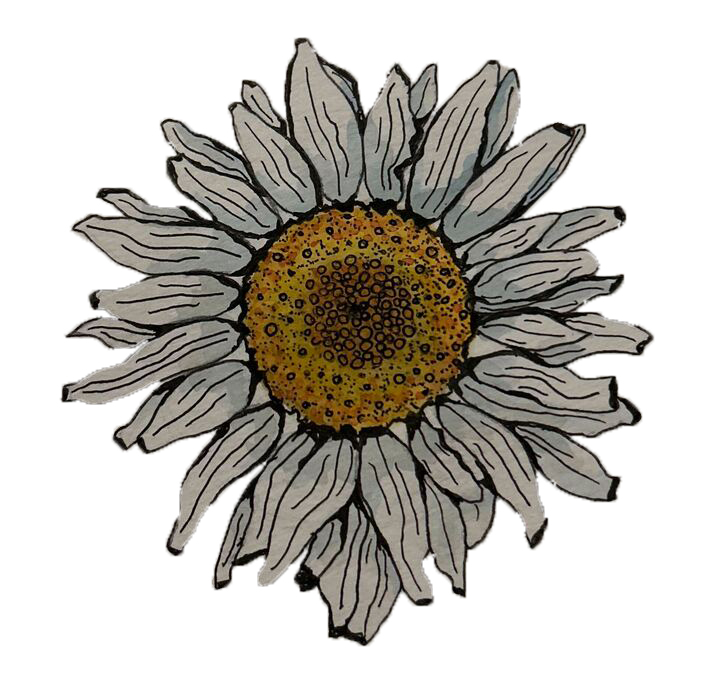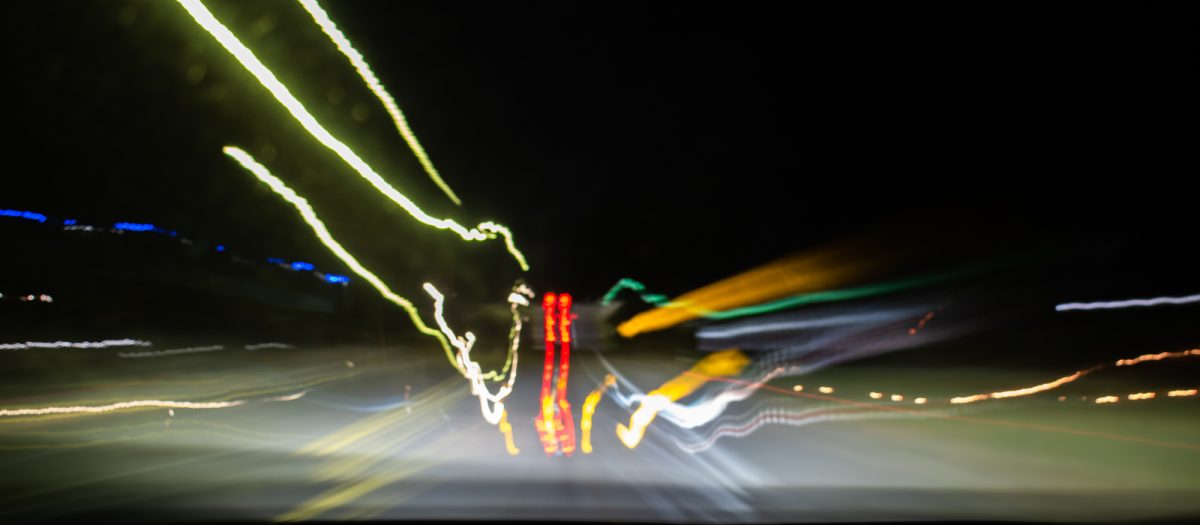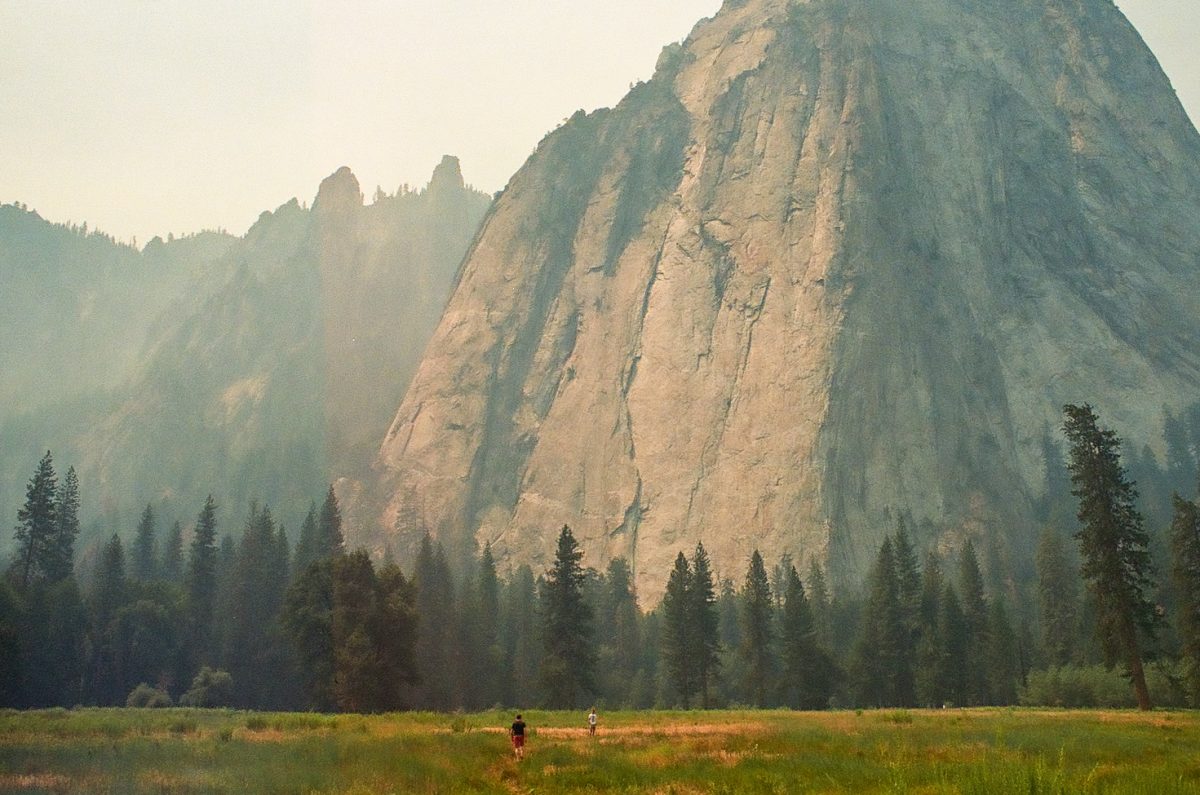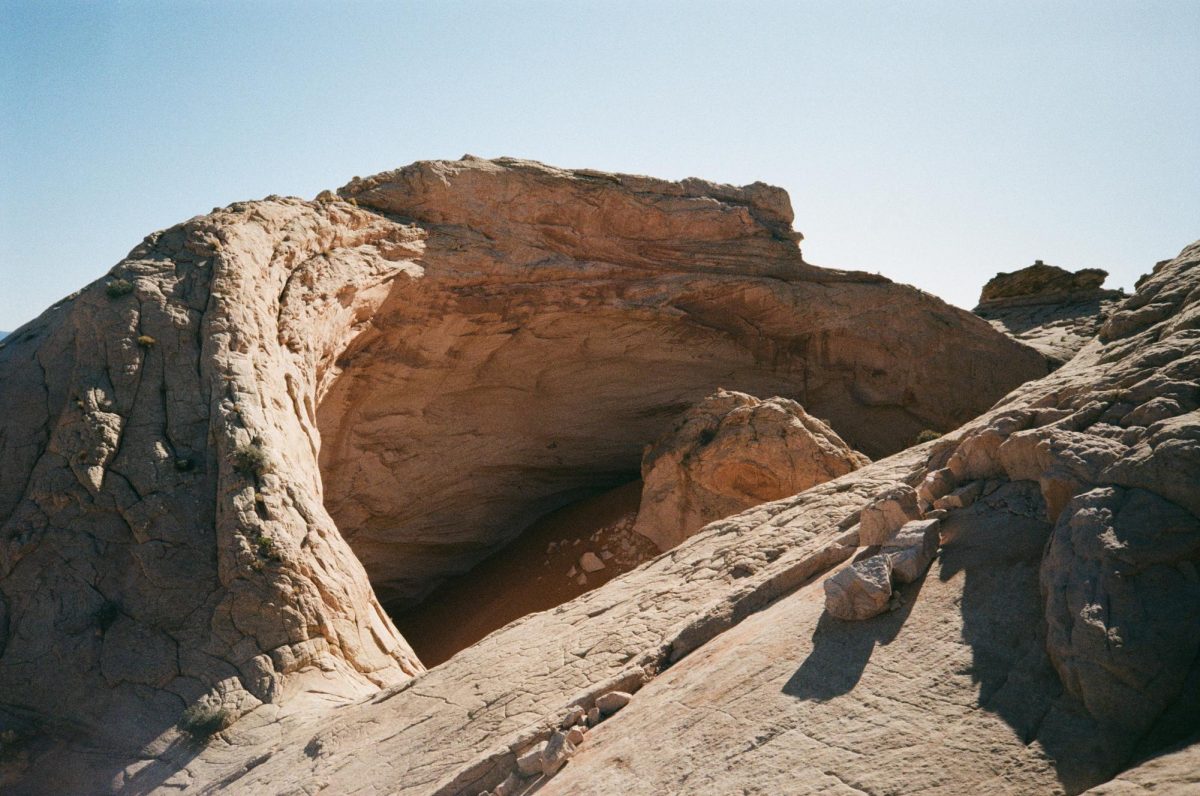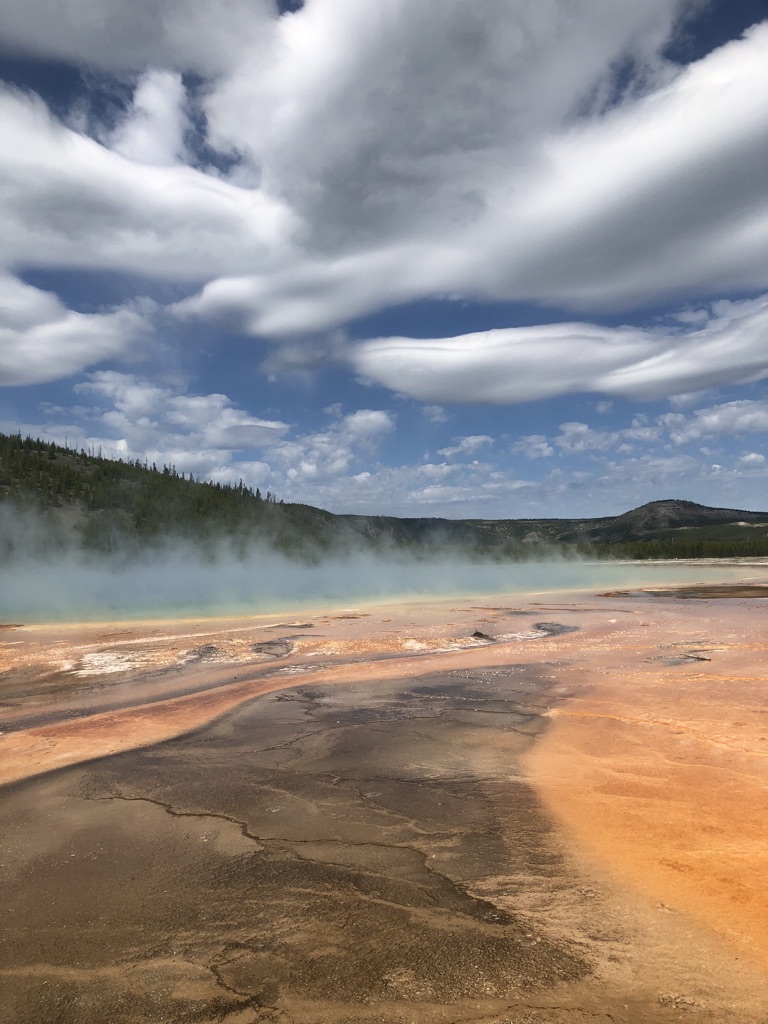It’s (Past) Time to Diversify Your Social Media
September 29, 2020
For too long, the outdoor community has been an elite, gatekept world that celebrates some while others fight for visibility, opportunity, and respect. Flip through magazines, scroll past ads, watch your favorite adventure documentaries, and you’ll predominately find white males. The “typical” outdoor athlete or sustainability champion has historically been represented by a very specific demographic, which is simply not characteristic of our actuality. Black, Indigenous, and people of color are here and they are getting after it outdoors while also leading the fight for environmental justice and conservation. So where is their equal representation in the outdoor community?
The outdoors are for all, and it’s time to act like it. Ultimately, change needs to come from the companies and systems that provide opportunities for members of the outdoor community, but we as individuals need to be actively pursuing more diverse content and checking our biases at the door. For our tech-savvy generation, social media is a great place to start. We are able to explicitly choose what social media content we see and whose platforms we support, so let’s make sure we are using our consumption to promote inclusivity, and maybe learn a thing or two along the way. Below are some accounts you can follow for intersectional environmentalism lessons, sendy videos, and lots of outdoor joy.
Leah Thomas (@greengirlleah)
Leah Thomas is an environmental activist and writer who founded the Intersectional Environmentalist website and is spearheading the movement. Intersectional environmentalism addresses how the injustices inflicted on marginalized communities are interlinked with injustices inflicted on the earth and advocates for the protection of both the people and the planet in an inclusive manner. Follow Leah to learn how to be a better intersectional environmentalist, and while you’re at it check out intersectionalenvironmentalist.com too. You can read more about Leah here.
“L.” Renee Blount (@urbanclimbr)
You may recognize her trademark big smile from the September/October cover of Outside Magazine! L. Renee is an adventure photographer, climber, and innovation strategist who exudes joy. One of her most popular projects, in which she transposed publication cover titles over images of BIPOC enjoying the outdoors, calls attention to the lack of representation that non-white athletes receive in outdoor media. Her Instagram page encourages people to take a step back from masochistic summit culture and to simply experience happiness, which for many people who have not felt welcomed in the outdoor community can feel like a radical act. Follow L. Renee for a beautiful display of Black joy in the outdoors.
Isaias Hernandez (@queerbrownvegan)
Isaias Hernandez is a vegan and zero-waste environmental educator as well as the co-founder of Alluvia Magazine, an environmental publication featuring BIPOC voices. His platform is chock-full of helpful information panels and answers to common questions. Ever wondered what ecoparalysis or food apartheid is? Wanted to learn more about how the military-industrial complex perpetuates environmental racism? Isaias’s platform is a great resource to learn about the intersections of environmental and social justice.
Brooklyn Bell (@badgal_brooky)
Based in the Pacific Northwest, Brooklyn Bell is an athlete and artist who can tear up the slopes and the singletrack. This summer she was featured in the REI short film “Pedal Through,” highlighting three Black women on a bikepacking trip. On her page, you can expect to see pictures and videos of her newest tricks on her mountain bike, and lots of her beautiful nature-inspired graphic designs. For some serious shred inspiration and reflections on representation in adventure sports, give Brooklyn a follow.
Karen Ramos (@naturechola)
Karen Ramos is the founder of Get Out Stay Out, a nonprofit centered around reconnecting indigenous youth to the outdoors. Culturally equitable programming is an important component to helping reclaim the outdoors for indigenous folks. Karen uses her platform to make the outdoors more accessible and unpack the privileges that precede feeling safe outside. For reflections on natural spaces, gear and travel tips, and a healthy dose of perspective, take a look at Karen’s social media and website.
Mikaela Loach (@mikaelaloach)
Mikaela Loach is a climate justice and antiracism activist out of Edinburgh, Scotland. In addition to being busy with medical school, Mikaela is the co-host of The YIKES Podcast, which details different facets and intersections of the environmental and social justice movements. Follow Mikaela to learn more about action items for climate and human rights activism, and check out her podcast on Spotify.
Dr. Kiona (@hownottotravellikeabasicbitch)
As a digital educator, Dr. Kiona shows people how to travel mindfully and meaningfully. Her platform is used to uplift marginalized voices and perspectives, and her beautiful nature pictures are always accompanied by important reflections and information. Learn about beginner’s camping tips, legacies of colonialism, toxic gear culture, and how to approach all levels of elections. Ultimately, Dr. Kiona’s mission is to dismantle gatekeeping in the outdoors. You can also check out her podcast, How Not to Travel.
These individuals all use their platforms to promote inclusivity within the outdoor space and environmental movement. While these people are great to have on your feed, do not tokenize them. First and foremost, they are humans, and they should not be put in a box based on their identity. While some of these accounts are explicitly educational platforms, others are personal pages, and with this comes an additional caveat. People of color do not have an obligation to teach others about discrimination in the outdoors. They are entitled to be able to go outside just to enjoy it, just like everyone else. So visit their pages and enjoy their content, but don’t expect them to do the emotional labor of learning and changing for you. Use what you see or learn as a stepping stone to keep learning, keep elevating Black and brown voices, and keep growing a space for them in the outdoor community. While diversifying our social media is a start, we certainly shouldn’t stop here. Checking our privilege, learning to be better allies, and fostering inclusivity in the outdoor community is not a one-stop-shop, but rather a continuous process.

